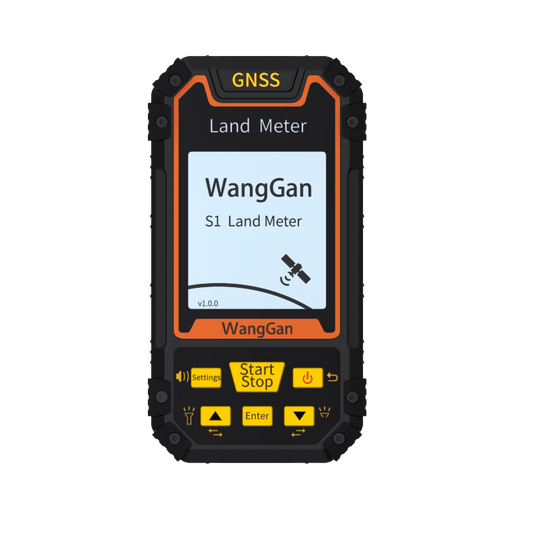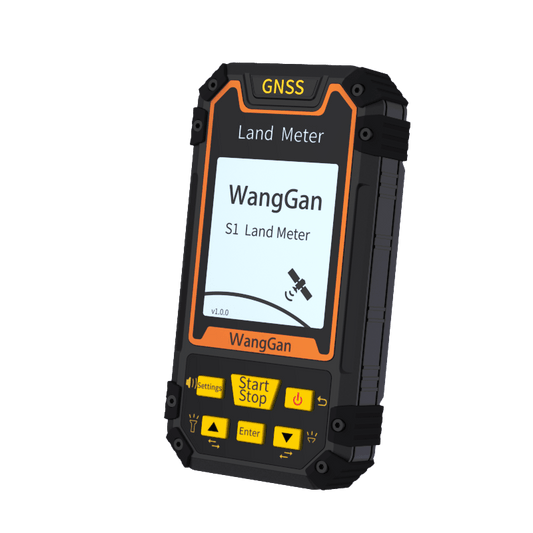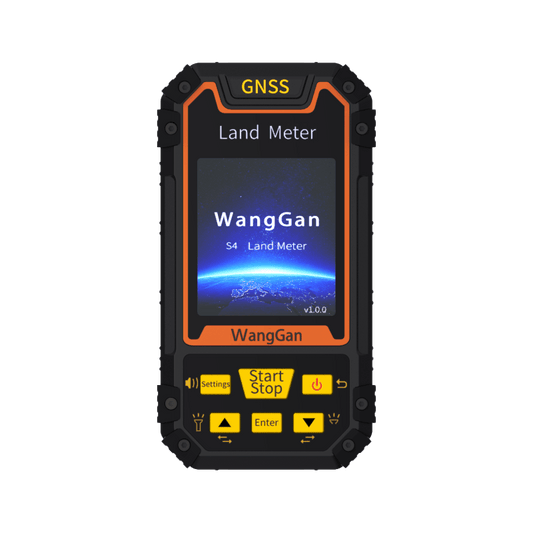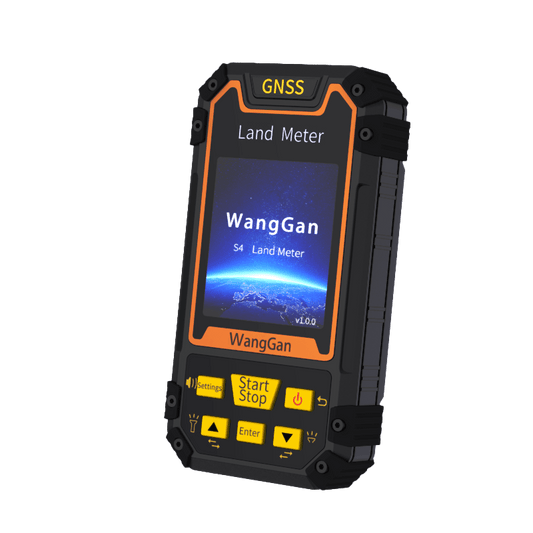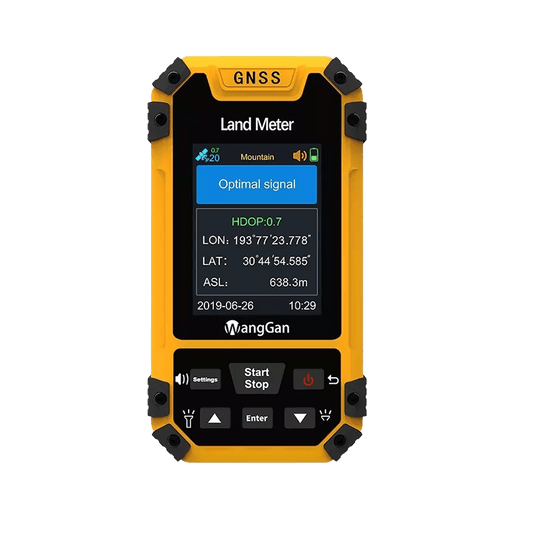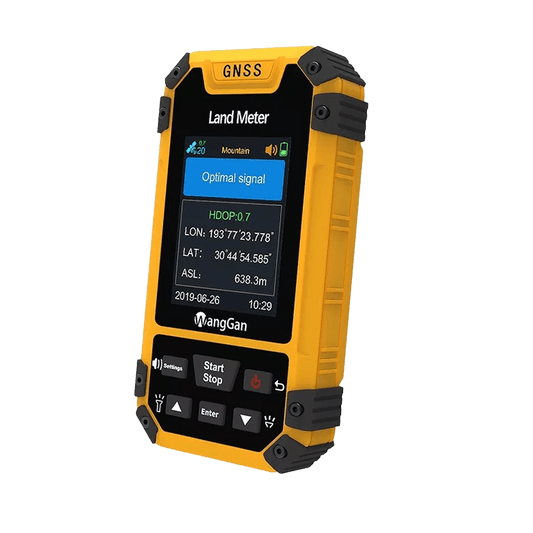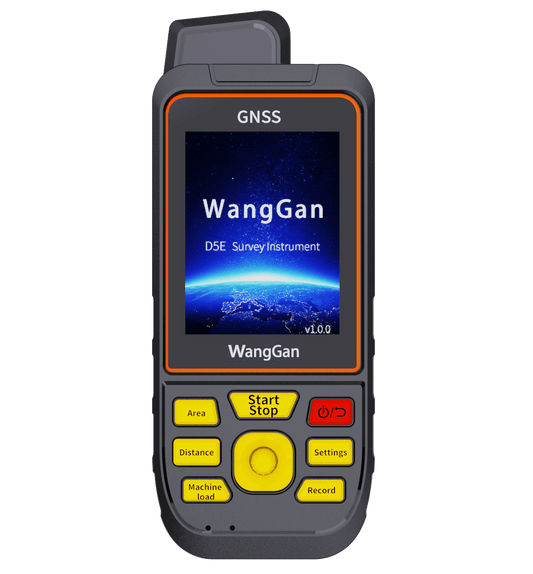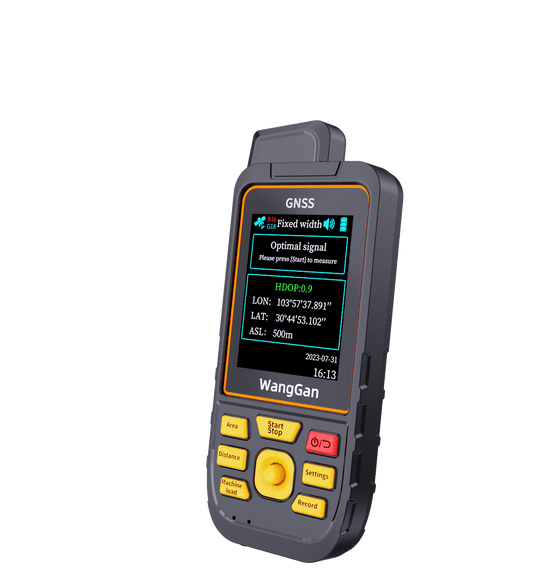What is a Land Meter and Where is it Used?
Share
If you've ever wondered how to measure land efficiently and accurately, a land meter might be the tool you're looking for. But what exactly is a land meter, and where can it be used? In this article, we'll explore what makes this device indispensable for many industries and activities.
What is a Land Meter?
A land meter, also known as a land measuring device, is a specialized tool designed to measure land areas with precision. Unlike traditional methods that may rely on manual calculations or rough estimates, a land meter uses advanced technology to provide accurate results down to the meter level. Many modern land meters are portable, user-friendly, and equipped with digital displays to ensure ease of use.
Wanggan land meters also come with GPS technology, enabling users to map areas in real-time. This not only improves accuracy but also allows for data to be saved and exported for further analysis.
Where Can a Land Meter Be Used?
Land meters have a wide range of applications across various fields. Here are some of the most common uses:
1. Agriculture
In agriculture, land meters are crucial for calculating the size of fields. Farmers can use them to determine the area for planting crops, setting irrigation systems, or fencing. Knowing the exact land size helps optimize resources and improve overall productivity.
2. Real Estate and Construction
Land meters are widely used in real estate to measure property boundaries and ensure legal compliance. Construction professionals also rely on land meters to calculate the size of plots for building projects, ensuring the land is suitable for the intended purpose.
3. Forestry and Environmental Studies
Environmentalists and forestry professionals use land meters to measure forested areas, monitor land usage, and assess deforestation. These devices are particularly helpful for mapping large areas efficiently.
4. Urban Planning
Urban planners use land meters to measure spaces for infrastructure projects such as roads, parks, and buildings. This ensures that projects are well-planned and that land usage is optimized.
5. Landscaping
Landscaping professionals often use land meters to calculate the area of gardens, lawns, and other outdoor spaces. This helps in designing and estimating materials required for projects.
6. Surveying
Surveyors use land meters to accurately measure plots of land for legal and commercial purposes. The precision of the device ensures that boundaries are properly defined, reducing disputes and errors.
Benefits of Using a Land Meter
Accuracy: Land meters provide highly accurate measurements, which is crucial for planning and resource allocation.
Efficiency: These devices save time by delivering instant results, especially when compared to manual methods.
Portability: Our land meters are lightweight and easy to carry, making them convenient for fieldwork.
Versatility: With applications across various industries, a land meter is a valuable investment for professionals and individuals alike.
Conclusion
Whether you’re a farmer, surveyor, urban planner, or simply someone curious about measuring land, a land meter is a reliable tool that offers precision and efficiency. With its wide range of applications, it has become an essential device in industries where accurate land measurement is critical.
If you're considering purchasing a land meter, make sure to evaluate your specific needs and choose a model that offers the features best suited for your work. With the right land meter in hand, measuring land has never been easier!
